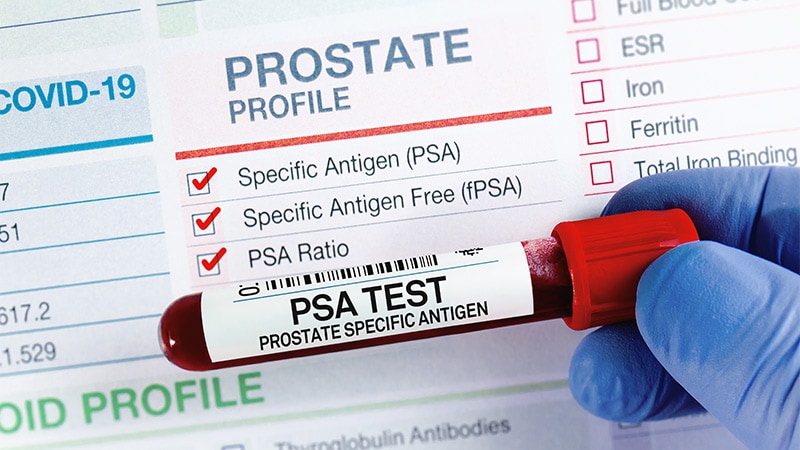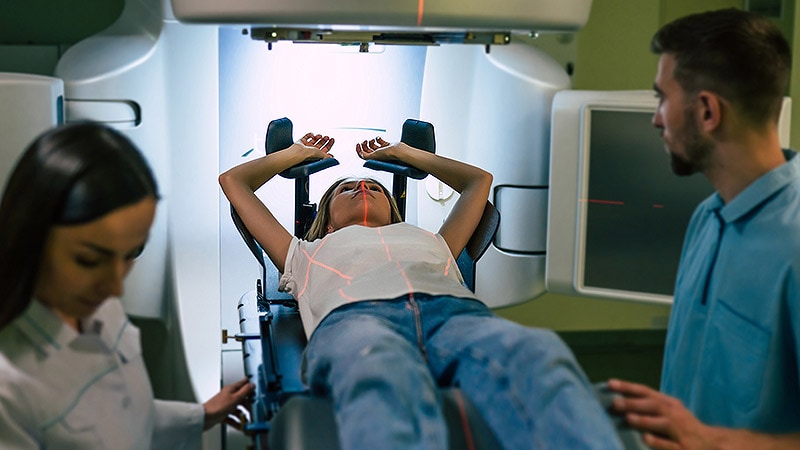Takeaway
- Robotic pancreaticoduodenectomy (RPD) and laparoscopic pancreaticoduodenectomy (LPD) appear to be equally effective in both benign and malignant cases, but RPD offers some advantages over LPD.
- High-quality randomised controlled trial (RCT) comparing both techniques is needed.
Why this matters
- Evidence comparing the benefits of RPD and LPD is limited.
Study design
- Meta-analysis included 44 studies, of which 6 were non-randomised comparative studies (n=3462, robotic: n=1025; laparoscopic: n=2437).
- Funding: None.
Key results
- RPD vs LPD was associated with significantly:
- lower conversion (OR, 0.45; 95% CI, 0.36-0.56; P<.001) and transfusion rates (OR, 0.60; 95% CI, 0.44-0.83; P=.002) and
- shorter hospital stays (mean, 12 vs 11 days; P<.001; I2=77%).
- No significant difference was observed between RPD vs LPD in:
- blood loss (mean, 220 vs 287 mL; P=.1),
- operating time (mean, 405 vs 418 minutes; P=.3),
- post-operative overall (OR, 1.04; 95% CI, 0.73-1.48; P=.8; I2=64%) and major (OR, 1.03; 95% CI, 0.71-1.48; P=.9) complications,
- incidence of pancreatic fistulae (OR, 1.02; 95% CI, 0.81-1.29; P=.9),
- delayed gastric emptying (OR, 0.88; 95% CI, 0.68-1.13; P=.3) and
- R0 resection rates.
Limitations
- Majority of the included studies were retrospective, lacking any RCT.
- None of the studies evaluated long-term outcomes.
References
References



